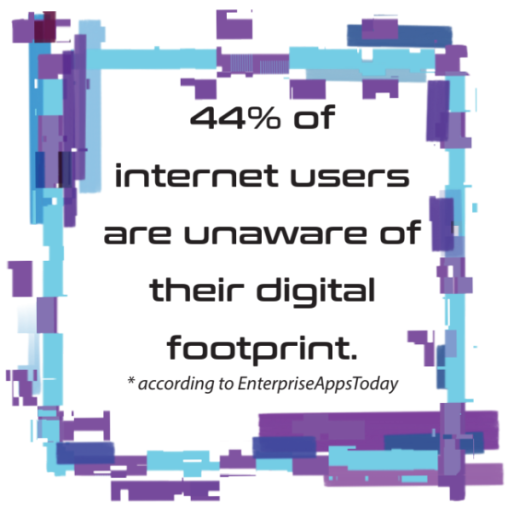As I’ve gotten older, it seems that my childhood idols have been falling slowly to mental health issues. Ke$ha recently sought treatment for an eating disorder, Demi Lovato was treated for binge/purge type Anorexia Nervosa and self-harm in late 2010, and not long after, Amanda Bynes’ bizarre, drug-fueled descent began, which later turned out to be a “schizophrenic issue.” These examples of mental health issues are endless.
According to the National Eating Disorders Association, 0.5-1 percent of women in the U.S. suffer from Anorexia Nervosa and 1-2 percent from Bulimia Nervosa, a number that is even higher in the entertainment industry. It’s easy to blame the media’s distorted view of beauty for the epidemic of eating disorders in the U.S, but it’s important to remember how deeply internalized that image of beauty is: if every media outlet suddenly started portraying realistic bodies, people would stop responding because their expectations wouldn’t be fulfilled.
We think of our role models as immune to these emotional issues, forgetting that they are human. As a culture, we tend to view addiction as a moral failing rather than a health issue. Eating disorders are viewed the same way, but they’re not a diet gone wrong: they’re a complex, multi-layered, isolating nightmare that have little to do with food and require incredible strength to recover from.
The same applies to abusive relationships. After the first time Chris Brown assaulted Rihanna and it gained public attention, I remember being surprised by the reaction. There was, of course, an outpouring of sympathy, but in the following weeks a much nastier voice arose, attacking Rihanna for staying with him.
Domestic violence jokes became acceptable, but only when they were about a celebrity couple. These jokes have continued through the years: at last year’s Oscars host Seth MacFarlane introduced Django Unchained by saying, “This is the story of a man fighting to get back his woman, who’s been subjected to unthinkable violence. Or as Chris Brown and Rihanna call it, a date movie.”
Here’s the moral of the story: celebrities are people. They have emotions, lives and interests besides acting, singing and being attractive. It’s incredibly easy to dehumanize them, but it’s so important that we don’t. Until we recognize celebrities for the fallible humans they are, it’s going to be difficult to extend that right to everyone else.










